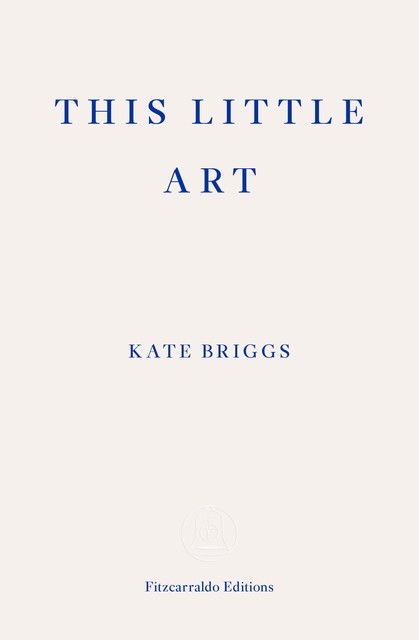This Little Art
281 printed pages
- Copyright owner
- Bookwire
- Original publication
- 2017
- Publication year
- 2017
- Publisher
- Fitzcarraldo Editions
Quotes
- meggyesmakoshas quoted5 months agoDon’t do translations, I remember being advised, about a decade ago, by a well-meaning professor. At least, not if you’re planning on making a living. Or, let’s say, on getting a job in the university. It’s a thankless thing, really. A ‘little art,’ Lowe-Porter called it, despite the great determining resonance her own work would have. You could try writing a monograph instead. Perhaps a monograph about translation. But don’t spend your time, and certainly not all your time, on doing them.
- Gina Castañónhas quoted4 years ago‘Who we choose to translate is political,’ write Antena in their ‘Manifesto for Ultratranslation’. ‘How we choose to translate is political.’
- Gina Castañónhas quoted4 years agoBecause it is this process of discovery, this adventuring into the writing of a sentence, with no clear idea of what will happen when I start to try, that makes for the real, lived-out difference between reading a sentence – even reading a sentence and speculating in advance how I might go about translating it – and the concrete task of writing it in my own language, again.
fb2epub
Drag & drop your files
(not more than 5 at once)


